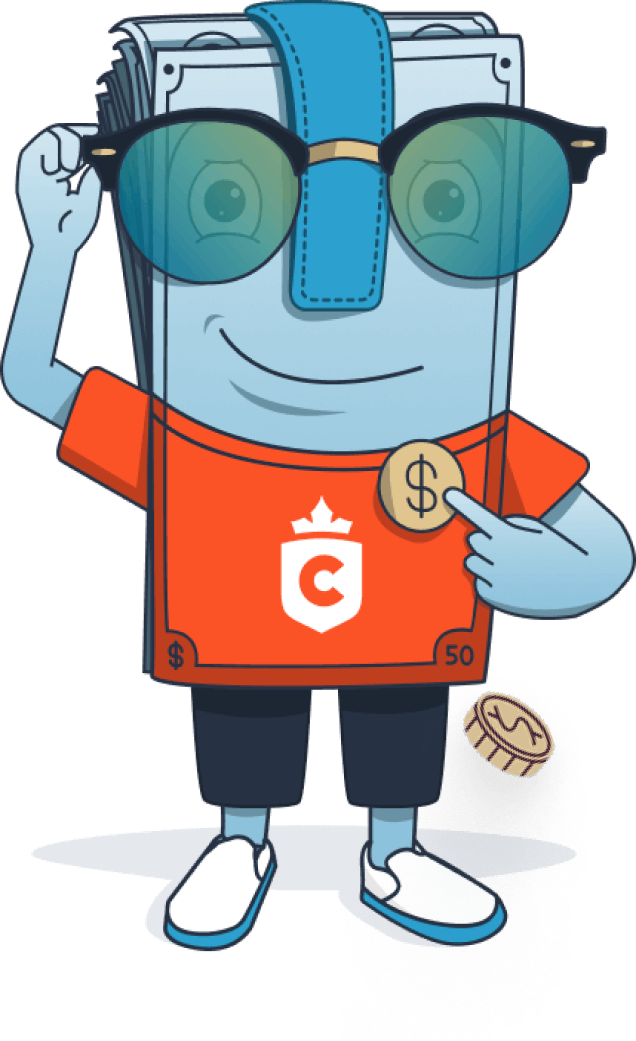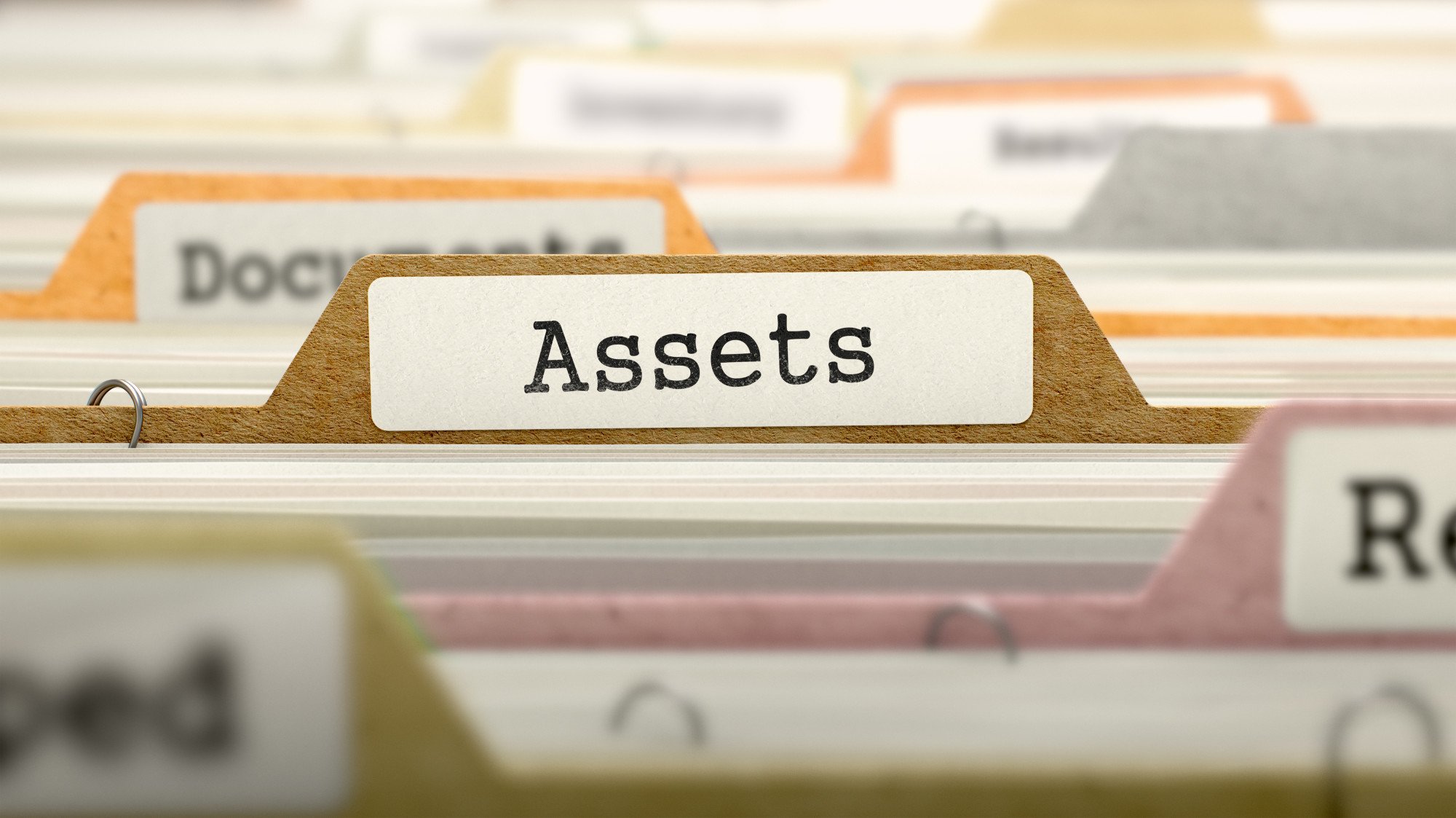

Ever find yourself wondering where your paycheck disappeared just a few days after payday? You’re not alone. Many of us struggle to effectively budget our hard-earned money. But let’s change that!
You can overcome the paycheck-to-paycheck cycle by learning to budget by paycheck the right way. Imagine having control over your finances, knowing exactly where each dollar goes. It’s possible!
Just think about the stress-free life you could lead, free from worry about unexpected expenses or the next payday. Living within your means doesn’t mean giving up the things you love. It means making smarter choices.
Dive into our guide and discover practical, easy-to-implement strategies for paycheck budgeting. It’s time to take control of your finances, one paycheck at a time. Learn some good practices to budget by paycheck right here in this guide.
1. Start With a Budget by Paycheck Plan
Before you do anything else, make a budget. This involves understanding your income and expenses. Write down your monthly income and deduct your fixed expenses like rent, utilities, and car payments.
What’s left is your discretionary income, which you can allocate towards savings, debt reduction, and fun stuff.
Once you know how much money is left to work with, break down your budget into weekly or bi-weekly amounts. This way, you will always have a clear idea of what has been allocated and what’s left for the rest of the month.
2. Set Financial Goals
It’s important to set realistic financial goals based on what you can afford. Do you want to save a certain amount of money each month?
Maybe you want to pay off debt or make a large purchase. Whatever it is, figure out how much you need and set realistic time frames for achieving the goals.
Once you know how much you need to save, create a plan for budgeting your paycheck.
The important thing here is to be realistic. It’s good to be ambitious, but still setting a goal so unachievable will just lead to disappointment.
3. Prioritize Your Spending
Once you’ve got your budget plan, it’s time to figure out what really matters to you. This is about deciding which things you can’t do without and what you can let go. You need to eat, but do you need to eat out every day? You might like watching TV, but do you need all those streaming subscriptions?
Evaluate your spending and identify areas where you can cut back. Non-essential expenses include things like eating out, entertainment, and luxury items. Remember, the goal isn’t to eliminate fun from your life but to ensure you’re spending your money wisely.
Try this: Make two lists. On one, write down all the things you absolutely need – like food, home, electricity. On the other, list things you like but can live without. See where you can cut down. This is called prioritizing your spending.
Once you’ve worked out what your priorities are, make a plan to decide how much money to allocate towards each item. For example, if you want to save $500 every month and you have $2000 of disposable income left after all the non-discretionary items are taken care of, you can decide that $400 will go into savings and the remaining $600 can be spent on other things.
4. Save Before You Spend
Here’s a golden rule of budgeting: Pay yourself first! It means saving money before you start spending. When you get your paycheck, the first thing you should do is set aside a part of it for savings. But how much?
A good start is to aim for 20% of your paycheck, but even 10% is great in the beginning. This money can go towards your future goals, emergencies, or retirement.
Once you’ve saved some money, then it’s okay to take care of the other stuff. This way, your spending is within limits, and you have an emergency fund in place if needed.
5. Track Every Cent
Keep an eye on where every cent and dollar goes. This may seem tedious at first, but it’s crucial to understanding your spending habits. You can use a simple spreadsheet or a budgeting app to help you track your expenses.
When you track your spending, you might be surprised to find out how much you spend on small things that add up.
It’s also important to regularly review your budget. A budget is not a set-it-and-forget-it thing because your income or expenses might change. Tracking where every cent goes and reviewing your budget regularly, like once a month, will help you adjust to fluctuations without any unexpected surprises.
As your circumstances change (like if you get a raise or move to a place with higher rent), adjust your budget. But always make sure you’re living within your means and not overspending.
Quick Money Solutions for Emergencies
Life is unpredictable. That’s why it’s crucial to be prepared for unexpected expenses that can pop up out of nowhere. Whether it’s a sudden medical bill or an urgent home repair, these costs can disrupt your carefully planned budget.
Unfortunately, there may be times when your paycheck savings might not cover these unexpected expenses. In such scenarios, you may need to consider a payday loan alternative as a quick money solution.
A payday loan alternative can provide an easy money lending solution when you’re in a bind. But remember, it’s not a long-term solution, and it’s essential to understand the terms before you take one out.
While this can be a helpful tool in an emergency, it’s still crucial to continue with the practice of paying yourself first and maintaining your budget. This will help you rebuild your savings and be prepared for future emergencies.
Looking for More Money Advice?
Mastering your finances requires discipline and planning, but the results are well worth the effort. By budgeting by paycheck, you can gain control over your money, making it work for you rather than the other way around.
For more tips on maintaining financial health or if you find yourself in need of a loan, don’t hesitate to contact us. At Credito, we’re dedicated to providing you with the tools and resources you need to make the most informed financial decisions.




